Save reefs, save nature and clean the sea waters ; work for our Sailor Kids and their grandchildren
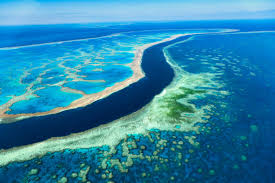
Saving reefs, protecting nature, and cleaning sea waters are crucial goals for environmental conservation and sustainable development. Here are some strategies that can help achieve these objectives:
Reef Conservation: Reefs are vital marine ecosystems that support a diverse array of marine life. To save reefs, it’s essential to establish protected areas, enforce fishing regulations, and implement sustainable tourism practices to reduce the stressors on these fragile ecosystems. Additionally, efforts to mitigate coral bleaching caused by rising sea temperatures, pollution, and ocean acidification are critical. This may involve coral restoration initiatives such as coral transplantation and artificial reef creation.
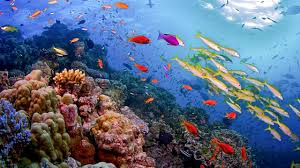
Marine Protected Areas (MPAs): Establishing and effectively managing marine protected areas is essential for conserving marine biodiversity and habitats. MPAs help safeguard coral reefs, seagrass beds, and other critical ecosystems from destructive activities such as overfishing, habitat destruction, and pollution. They also provide refuge for threatened species and support ecosystem resilience.
Sustainable Fishing Practices: Unsustainable fishing practices, such as overfishing, destructive fishing methods, and bycatch, can harm marine ecosystems and deplete fish stocks. Implementing sustainable fishing practices, such as selective fishing gear, catch limits, and seasonal closures, helps maintain healthy fish populations and ecosystem balance while reducing the pressure on reefs and other habitats.
Reducing Pollution: Pollution from land-based sources, including agricultural runoff, industrial discharge, sewage, and plastic waste, poses a significant threat to marine environments. To clean sea waters and protect marine life, it’s essential to minimize pollution through improved waste management, recycling, and the adoption of eco-friendly practices. Promoting awareness and community engagement are also crucial for reducing plastic consumption and promoting responsible waste disposal.
Climate Change Mitigation: Climate change poses a severe threat to marine ecosystems, including coral reefs, through ocean warming, acidification, and extreme weather events. Addressing climate change requires global efforts to reduce greenhouse gas emissions, transition to renewable energy sources, and implement adaptation measures to safeguard vulnerable ecosystems. Supporting initiatives that promote climate resilience and carbon sequestration, such as mangrove restoration and coastal habitat protection, can also help mitigate the impacts of climate change on marine environments.
Education and Advocacy: Increasing public awareness about the importance of marine conservation and the interconnectedness of human activities with marine ecosystems is essential. Education, outreach programs, and community engagement initiatives can empower individuals to take action to protect marine environments and advocate for sustainable policies and practices.
By implementing these strategies and fostering collaboration among governments, NGOs, businesses, and local communities, we can work together to save reefs, protect nature, and clean sea waters for current and future generations.
Sailor Kids
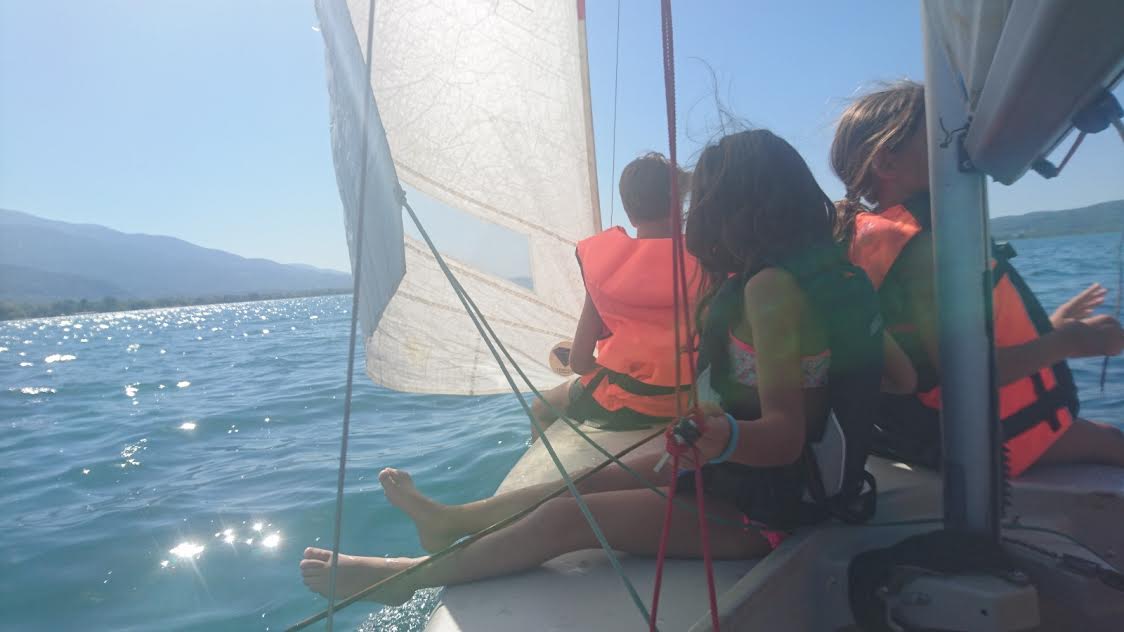
Sailor kids” typically refers to children who are involved in sailing activities, whether as participants in sailing programs, members of sailing families, or enthusiasts of the sport. Yatservis teaches Sailor Kids how to sail a sailboat and become a sailor. Here are some aspects related to Sailor Kids
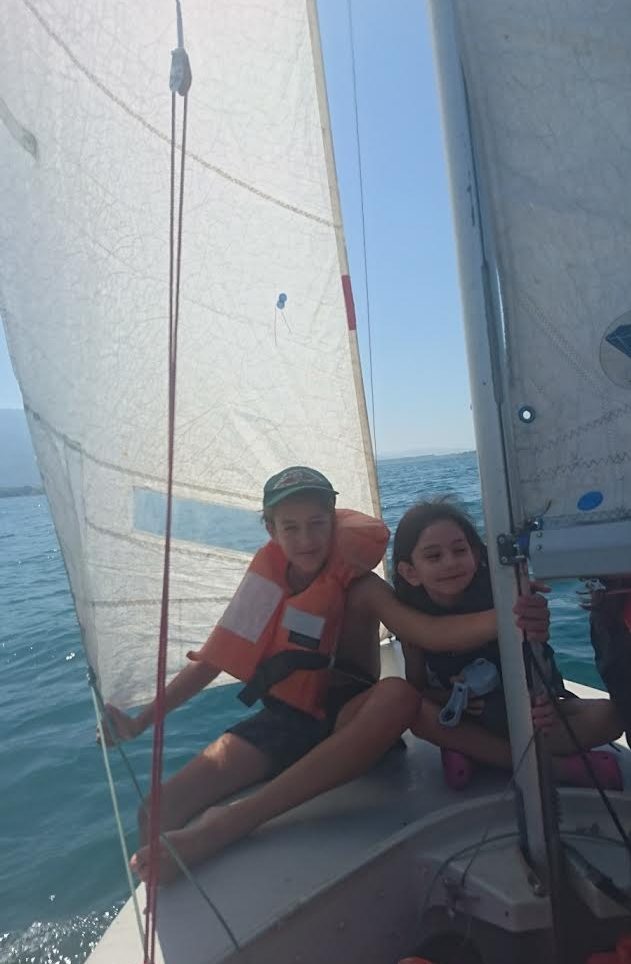
Sailing Education: Many children are introduced to sailing through youth sailing programs offered by yacht clubs, sailing schools, and community organizations. These programs teach children the fundamentals of sailing, including boat handling, sail trim, navigation, and safety procedures. Sailing education helps instill a love for the sport and teaches valuable life skills such as teamwork, problem-solving, and self-confidence.
Competitive Sailing: Some sailor kids may participate in competitive sailing events, ranging from local regattas to national and international competitions. Youth sailing competitions often have different age divisions and classes of boats, allowing children to compete against their peers while honing their sailing skills and sportsmanship.
Family Involvement: In many cases, sailor kids come from sailing families, where parents or relatives are avid sailors. Growing up in a sailing environment exposes children to the sport from a young age, and they often accompany their family members on sailing trips or participate in sailing activities together. Family involvement can foster a strong bond with sailing and create lasting memories on the water.
Summer Camps and Recreation: Sailing-themed summer camps and recreational programs offer opportunities for children to experience sailing in a fun and supportive environment. These camps may include a mix of sailing instruction, on-the-water activities, games, and socializing with other kids who share a passion for sailing.
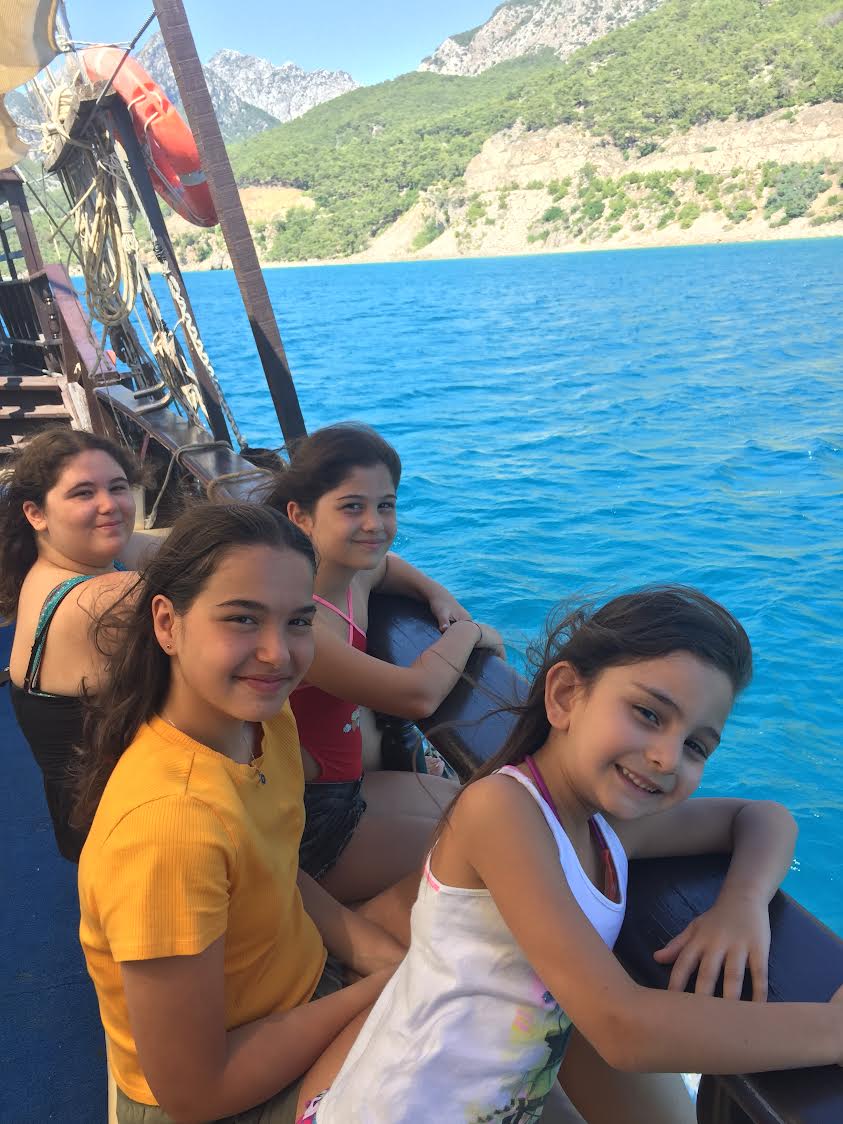
Life Lessons and Character Development: Sailing provides unique opportunities for children to learn important life lessons and develop character traits such as resilience, perseverance, and responsibility. Facing challenges on the water, working as a team to navigate a course, and adapting to changing wind and weather conditions all contribute to the personal growth of sailor kids.
Environmental Awareness: Sailing encourages an appreciation for the marine environment and promotes environmental stewardship among children. Sailor kids learn about the importance of protecting oceans, rivers, and lakes from pollution, habitat degradation, and climate change, and they often become advocates for marine conservation.
Overall, being a sailor kid offers a range of enriching experiences, from learning new skills and making lifelong friendships to connecting with nature and exploring the world through the sport of sailing
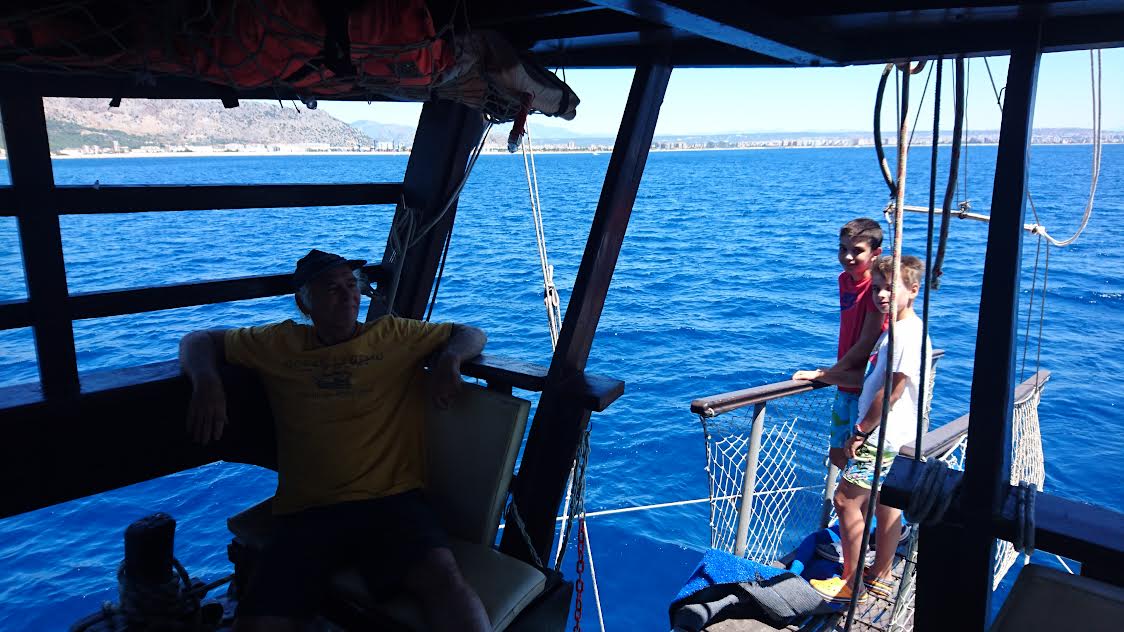
Let Yatservis train your childeren as a Sailor.
